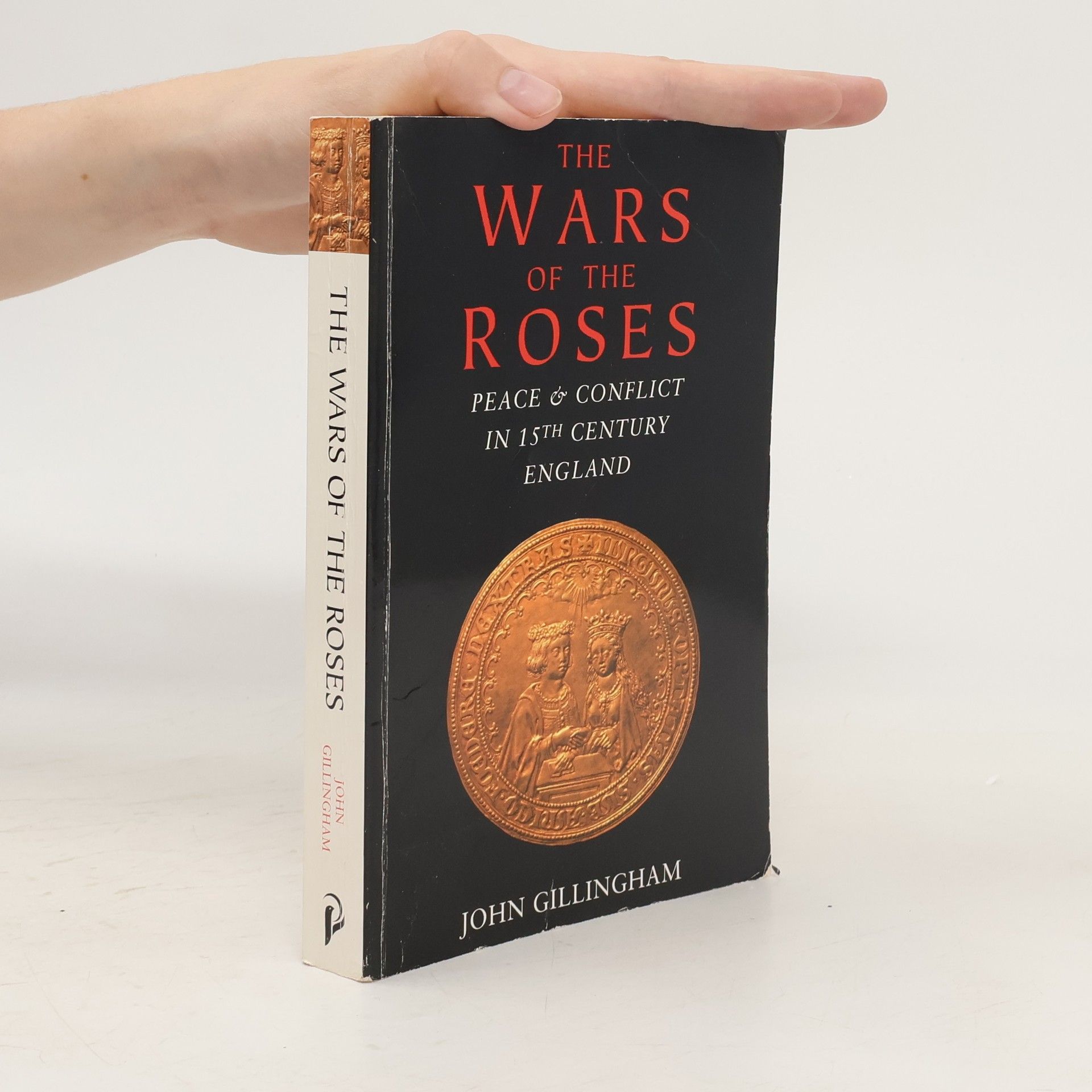John R. Gillingham Bücher
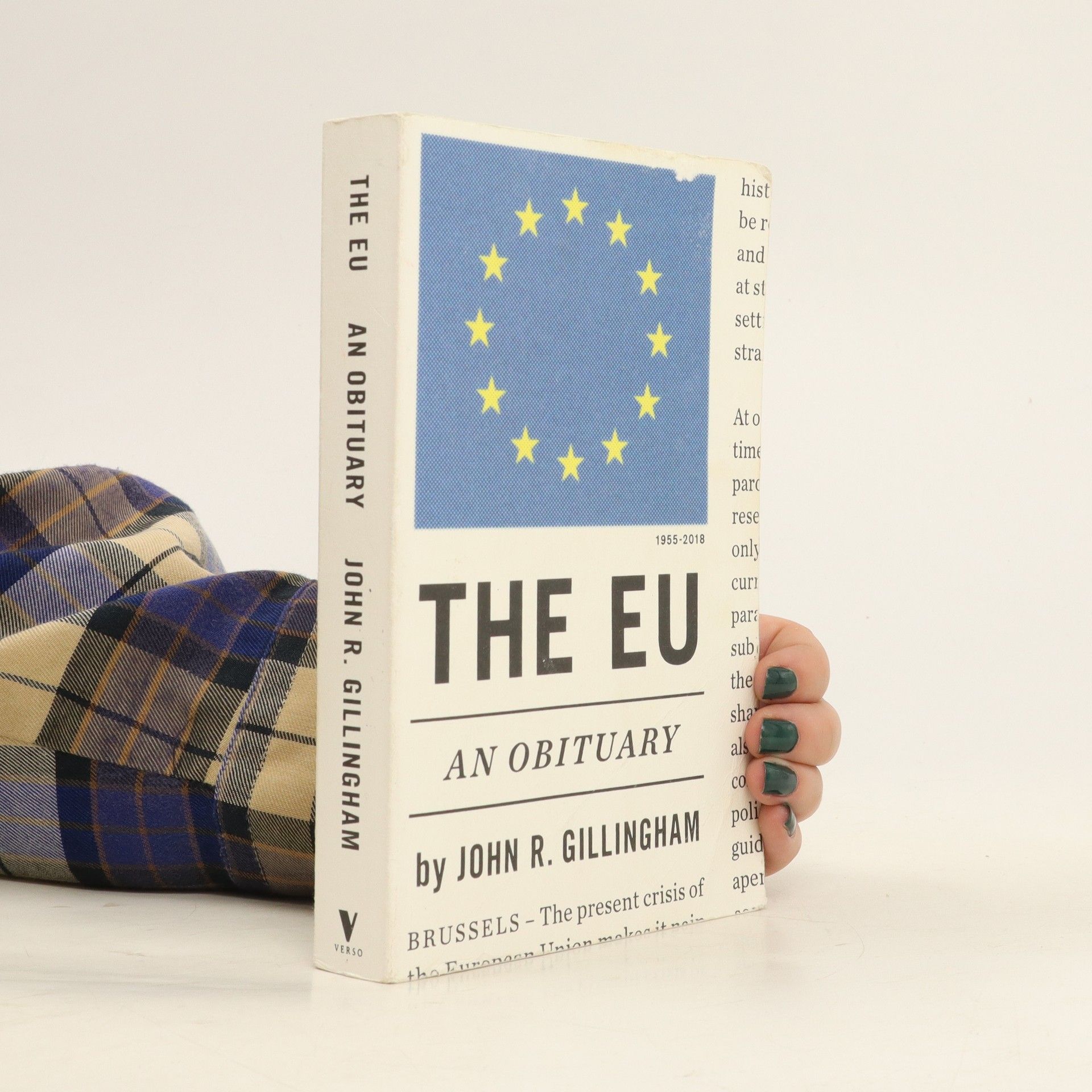
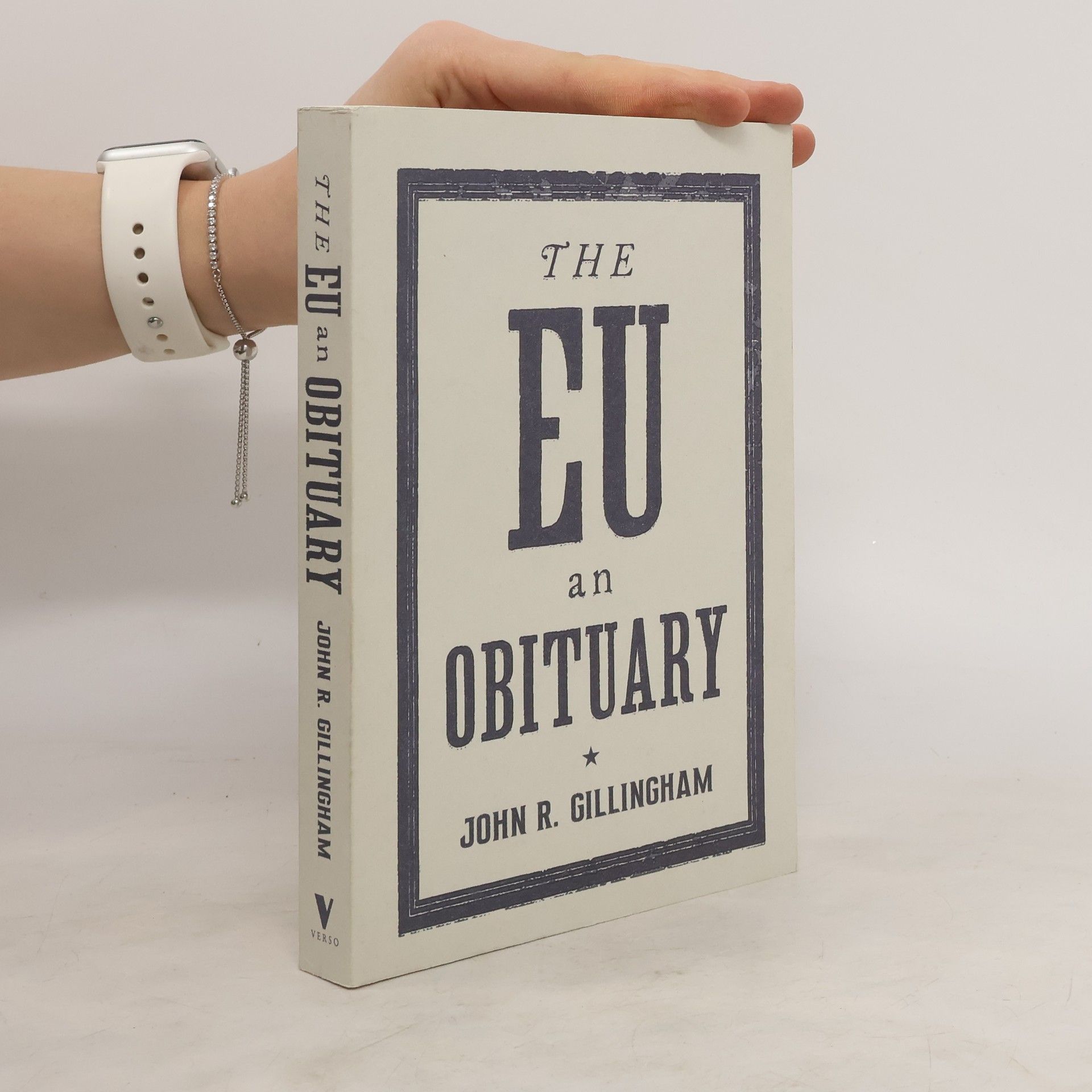
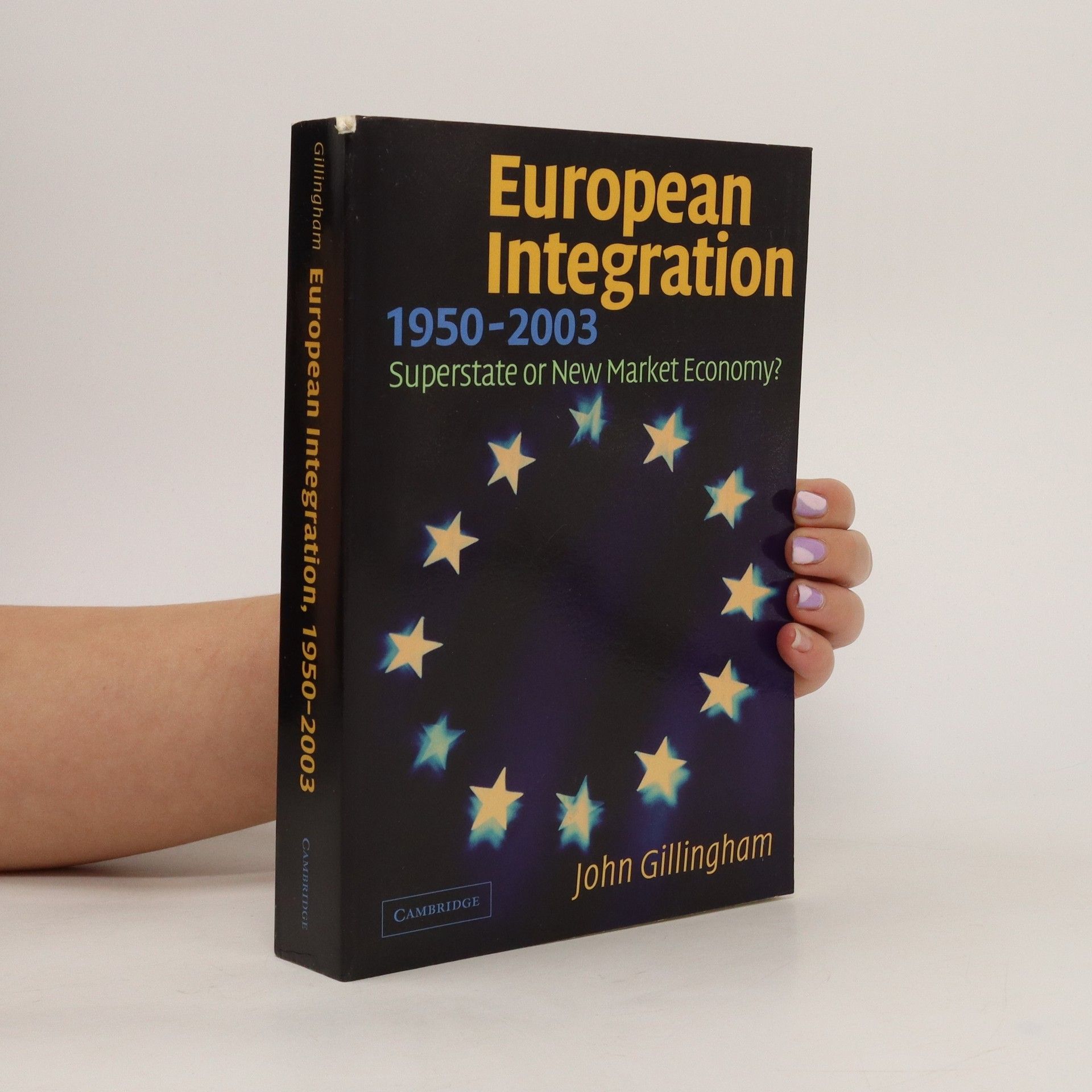


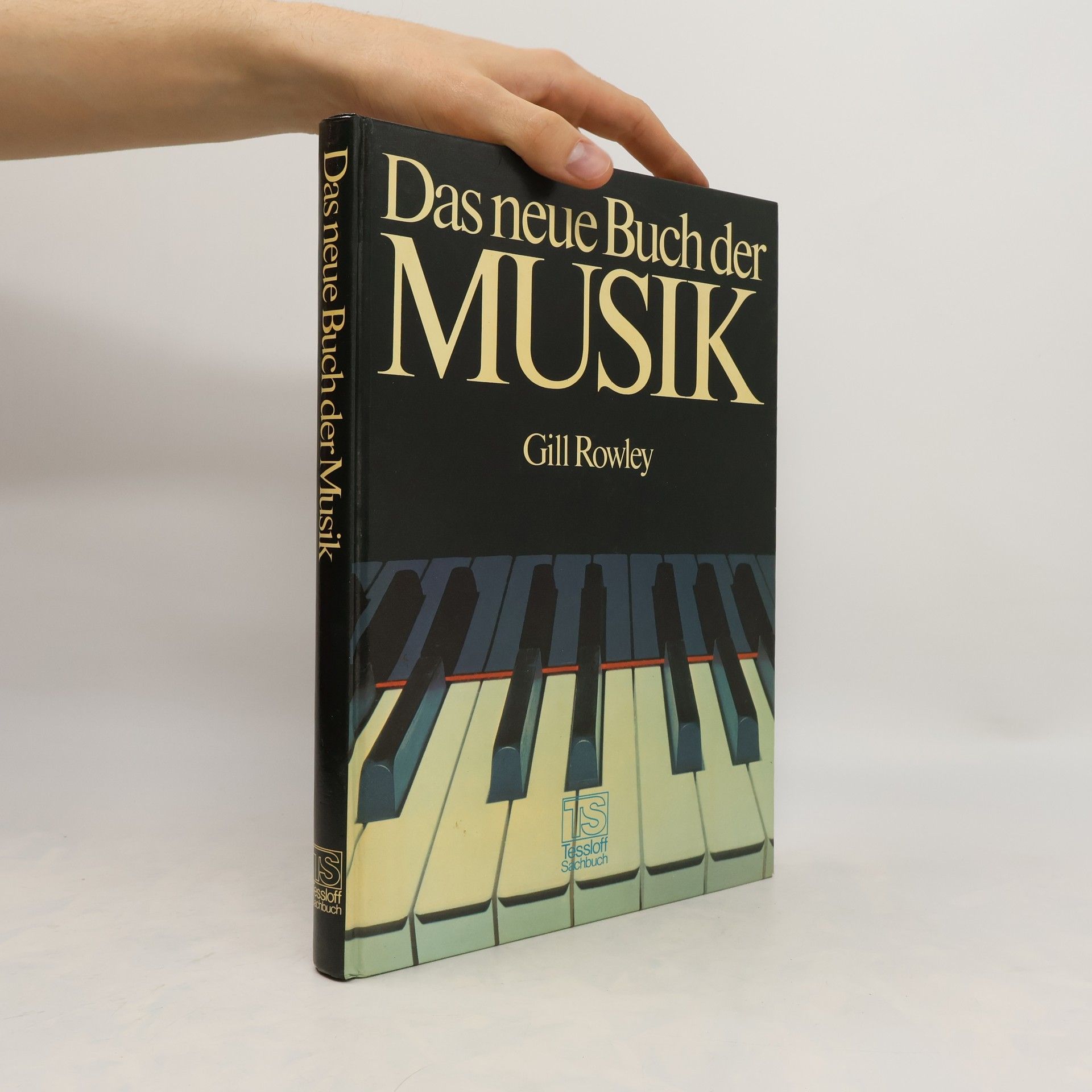
Richard I
- 384 Seiten
- 14 Lesestunden
An account of Richard the Lionheart's reign. John Gillingham scrutinizes the king's fluctuating reputation over the centuries and portrays him as neither a feckless knight-errant nor a neglectful king, but a masterful and businesslike ruler. This paperback includes an updated bibliography. číst celé
European Integration, 1950-2003
- 608 Seiten
- 22 Lesestunden
Professor Gillingham's work offers a comprehensive historical perspective on European integration, a pivotal development of the past fifty years. It addresses the significance, origins, and transformations of this process, moving beyond existing literature to illuminate Europe's unique historical trajectory amidst contemporary political debates.
A major account of the failings of the European Union—and why it has to go The European Union is a besieged institution. It is struggling in vain to overcome the eurozone crisis and faces an influx of refugees not seen since World War II. The Schengen Agreement is a dead letter, and Britain stands on the brink of leaving altogether. The EU is unfit for the challenges of the coming age of increased global competition and high tech. In sum, the drive for an “ever-closer union” has set Europe on the wrong course: plunged it into depression, fuelled national antagonisms, debilitated democracy, and accelerated decline. In this pithy, rigorously argued book, leading historian John Gillingham examines a once great notion that soured long ago. From its postwar origins, through the Single Market, to the troubles of the present, Gillingham explains how Europe’s would-be government became a force for anti-democratic centralization and inept policy-making. Brussels has inspired a world of illusion that now threatens to undo the undoubted achievements of integration. The EU: An Obituary is an urgent call to the political Left, Right, and Centre to act before it is too late.
The E.U. An Obituary
- 311 Seiten
- 11 Lesestunden
Is Brexit the beginning of the end for the EU? Fully updated and revised, this new edition of John R. Gillingham’s swingeing study explains why the European Union is so profoundly unsuited to the modern political economy. In a devastating historical account of political failure, he takes readers back to the union’s postwar origins, when it was considered the best means to guarantee peace, demonstrating how the flaws of the institution date to its origins. Today, these inherent failings leave it unable to deal with the most pressing issues of our time: the refugee crisis, Britain’s exit, the foundering eurozone, and the increasing disquiet among its member states. In a globalised marketplace where technological innovation transcends state boundaries, the EU is no longer fit for purpose. It is time to let the union dissolve.
William II
- 128 Seiten
- 5 Lesestunden
William II (1087-1100), or William Rufus, will always be most famous for his death: killed by an arrow while out hunting, perhaps through accident or perhaps murder. But, as John Gillingham makes clear in this elegant book, as the son and successor to William the Conqueror it was William Rufus who had to establish permanent Norman rule. A ruthless, irascible man, he frequently argued acrimoniously with his older brother Robert over their father's inheritance - but he also handed out effective justice, leaving as his legacy one of the most extraordinary of all medieval buildings, Westminster Hall.
The Young Oxford History of Britain and Ireland
- 416 Seiten
- 15 Lesestunden
A major new history for young readers, this volume brings to life the people, places and events that make up the past of Ireland and Britain. Starting with the earliest settlers on these islands, The Young Oxford History of Britain and Ireland maps the social, economic, cultural, andtechnological developments of the ages up until the present day. We hear the stories of ordinary people and extraordinary rulers--the reformers and rebels, scientists, thinkers, and artists--who shaped the centuries and of the discoveries and inventions that changed their everyday lives.With over 500 stunning illustrations, including maps, family trees, paintings, photographs, and timelines, as well as double-page feature spreads on important topics such as the printing press and the steam engine, The Young Oxford History of Britain and Ireland is an engrossing read, a visualfeast, a valuable reference resource, and a lasting treasure-trove of information.
The Wars of the Roses
Peace and Conflict in the 15th Century England
The War of the Roses have traditionally been seen as the last dying convulsion of the Middle Ages, a marker between the medieval and the modern, and above all as a period of violence, horror and civil disorder. John Gillingham's new book shows that this is a spurious view of the period. His authoritative analysis of fifteenth-century warfare proves that the actual battles of the wars involved far fewer men than has been assumed, and that, apart from the Northumbria and the Scottish border, England was a society organized for peace. The arts of peace flourished in the fifteenth century, which saw the beginning of printing in England, the rise of literacy and growing interest in vernacular architecture. The wars which sporadically interrupted that peace were fought in a manner calculated to bring them to a swift conclusion. The author shatters the Shakespearian myth of perpetual bloody conflict and shows that the wars had remarkably little effect on the social and religious life of the country or on the structure of politics. -- Publisher description
Ryszard Lwie Serce
- 520 Seiten
- 19 Lesestunden
Przez średniowiecznych historyków porównywany do Karola Wielkiego i króla Artura, w późniejszej historiografii oceniany był wyłącznie przez pryzmat wypraw krzyżowych. Demonizowany przez wrogów, na czele z Filipem II, i sprowadzony do roli awanturnika przez protestanckich historyków, najbardziej... číst celé

